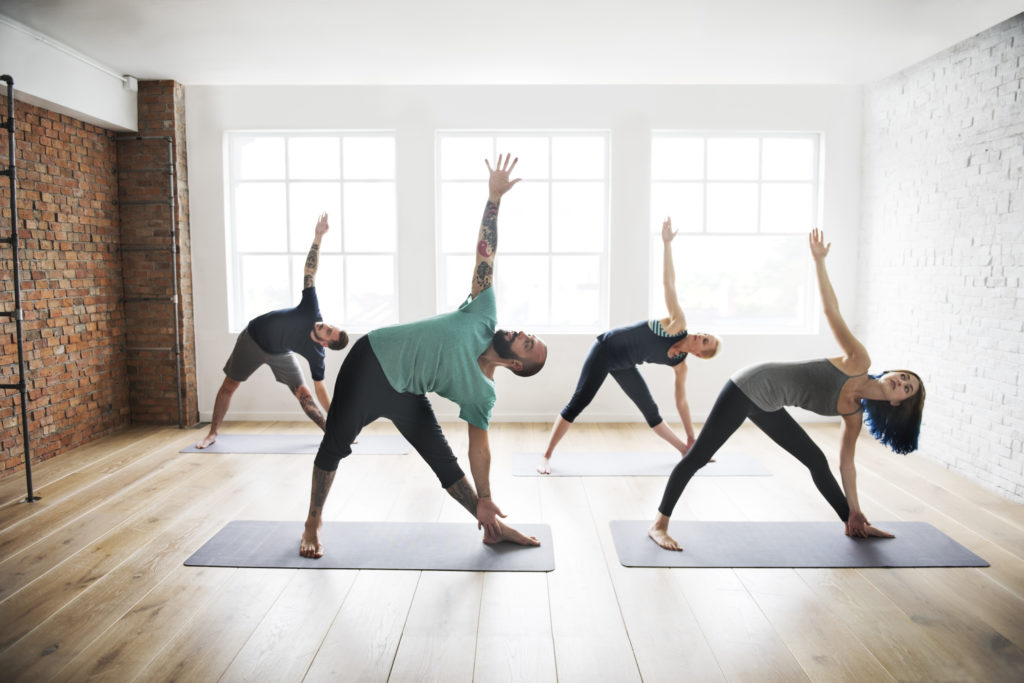Quick Hits
Daily brief research updates from the cognitive sciences

Yes, you yoga practitioners knew you were special and here is the science to prove it!
In this older study I came across (2018) participants were recruited to see how they dealt with stress. 19 were yoga practitioners (taking part in 1-3 30- to 60-minute sessions per week) and 12 were from the general public who didn’t participate in yoga but were physically active. They were then given various questions and then they had their brains scanned. During scanning they were given various emotion-eliciting stimuli and tasks. These were video clips and were selected to elicit certain types of emotions e.g. anger, or conversely, happiness.
What was interesting is that the researchers found that yoga practitioners had a unique brain activation pattern activating two brain regions known as the superior parietal lobule and the supramarginal gyrus during emotional regulation. This suggest that something about yoga changes brain activation patterns. As the researchers note:
“… yoga experience may allow individuals to: (1) regulate the emotion generation process through greater flexibility, acceptance and non-attachment to the self when observing or experiencing emotions; and (2) be more empathic when presented with an emotional situation, by attending to the emotions of other individuals”
Now that is a sales message for yoga!

Andy Habermacher
Andy is author of leading brains Review, Neuroleadership, and multiple other books. He has been intensively involved in writing and research into neuroleadership and is considered one of Europe’s leading experts. He is also a well-known public speaker speaking on the brain and human behaviour.
Andy is also a masters athlete (middle distance running) and competes regularly at international competitions (and holds a few national records in his age category).
Reference
Wadden, K. P., Snow, N. J., Sande, P., Slawson, S., Waller, T., and Boyd, L. A. (2018).
Yoga practitioners uniquely activate the superior parietal lobule and supramarginal gyrus during emotion regulation.
Front. Integr. Neurosci. 12.
doi:10.3389/fnint.2018.00060.
More Quick Hits
How to reduce loneliness
I have reported multiple times on loneliness during the pandemic – mostly because interest and research into loneliness has taken a large uptick. I have also reported on how to combat this and was happy to see that a piece of research just out proved what I had...
COVID on the Brain
Many COVID-19 patients have reported various neurological symptoms – the well-known brain fog, but also headaches and decreased cognitive function over months and extended periods of time. This even without serious infection or hospitalization. The research seems to...
Life satisfaction after work related to personality traits
As many of you know I have done plenty of work into personality and so found this study interesting. Dusanee Kesavayuth of Kasetsart University in Bangkok, Thailand analysed data from 2,000 adults aged between 50 and 75 in the British Household Panel Survey and found...
Neurodivergence and the lonely brain
Quick HitsDaily brief research updates from the cognitive sciences eurodivergence is term that describes those that are not “neurotypical” such as those with autism and ADHD. In the surge of research into loneliness spurred by the pandemic it has...
Art Engages the Social brain
Quick HitsDaily brief research updates from the cognitive sciences reported in last week’s Quick Hits on how engaging in the arts has a relationship with self-control and avoidance of disagreeable and criminal behaviour and that is why this...
Swearing can increase strength, self-confidence, and risky behaviour
Quick HitsDaily brief research updates from the cognitive sciences wearing is frowned upon in many circumstances but is also used by many people in casual situations and particularly by comedians. So why do we swear if it is taboo? A team of...






